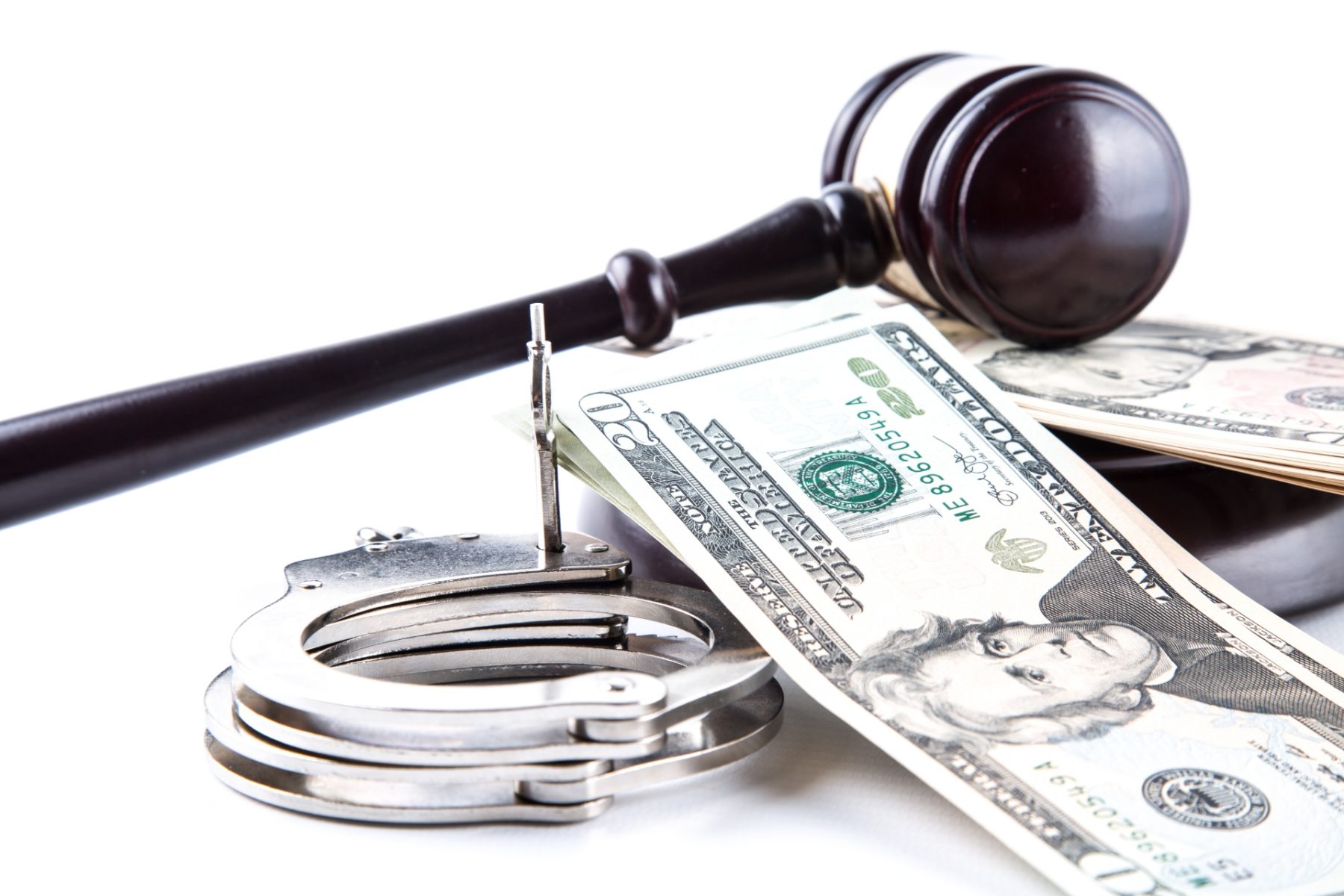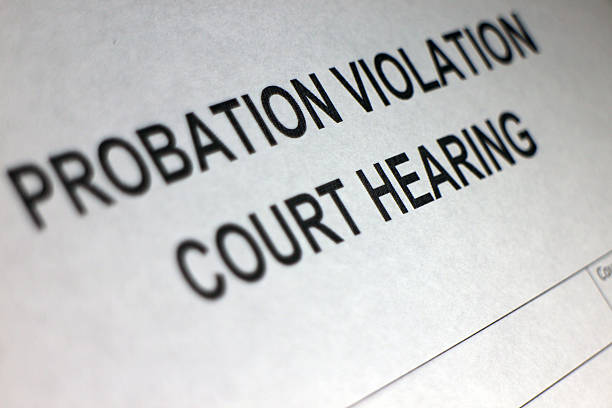
In State v. Griepsma, the WA Court of Appeals held that a mandatory $500 victim penalty assessment is still not an excessive fine under the Eighth Amendment, even if it might be partially punitive.
BACKGROUND FACTS
IN 2019, a jury convicted Griepsma of six counts of third degree felony assault of a law enforcement officer and one count of third degree malicious mischief. The trial court imposed concurrent midrange sentences of 55 months for each of the assault convictions. It also imposed a current 364-day sentence for the misdemeanor, but it did not order community custody. Finally, the court imposed a mandatory $500 Victim Penalty Assessment (VPA).
Griepsma appealed imposition of the mandatory $500 VPA. He argued it was unconstitutional under the excessive fines clauses of the Eighth Amendment and the Washington State Constitution.
COURT’S ANALYSIS & CONCLUSIONS
The Court explained that under the Eighth Amendment, “Excessive bail shall not be required, nor excessive fines imposed, nor cruel and unusual punishments inflicted.” And under the WA Constitution, “Excessive bail shall not be required, excessive fines imposed, nor cruel punishment inflicted.” Finally, for a fine to be unconstitutional, it must be at least partially punitive and it must be excessive.
On appeal, Griepsma argued that the United States and Washington Supreme Court cases make clear that the VPA is at least partially punitive. In support of his argument, Griepsma pointed to Timbs v. Indiana and City of Seattle v. Long. Both cases held that in their specific circumstances, the excessive fines clause was aprtially punitive and therefore unconstitutional.
“But neither case addresses whether the VPA is subject to an excessive fines clause analysis,” said the Court of Appeals. With that, it affirmed the trial court’s imposition of the mandatory $500 VPA.
My opinion? States and municipalities are increasingly relying on fines and fees imposed on defendants by criminal courts to fund their court systems and other government operations. Rather than relying on taxes, state and local governments have opted to extract wealth from their poorest and most vulnerable citizens in the form of “criminal legal debt”—financial sanctions imposed as part of the criminal legal system.
These types of penalties are inherently regressive—that is, they have a greater impact on those who are poorer as compared to those who are richer. And such a financial sanction would be difficult for many Americans to bear. A 2020 report issued by the Federal Reserve found that nearly 40 percent of adults would be unable to immediately cover an unexpected $400 expense.
Please contact my office if you, a friend or family member are charged with a crime. Avoid resolving your criminal case by paying excessive and/or punitive court fines. Hiring an effective and competent defense attorney is the first and best step toward justice.















